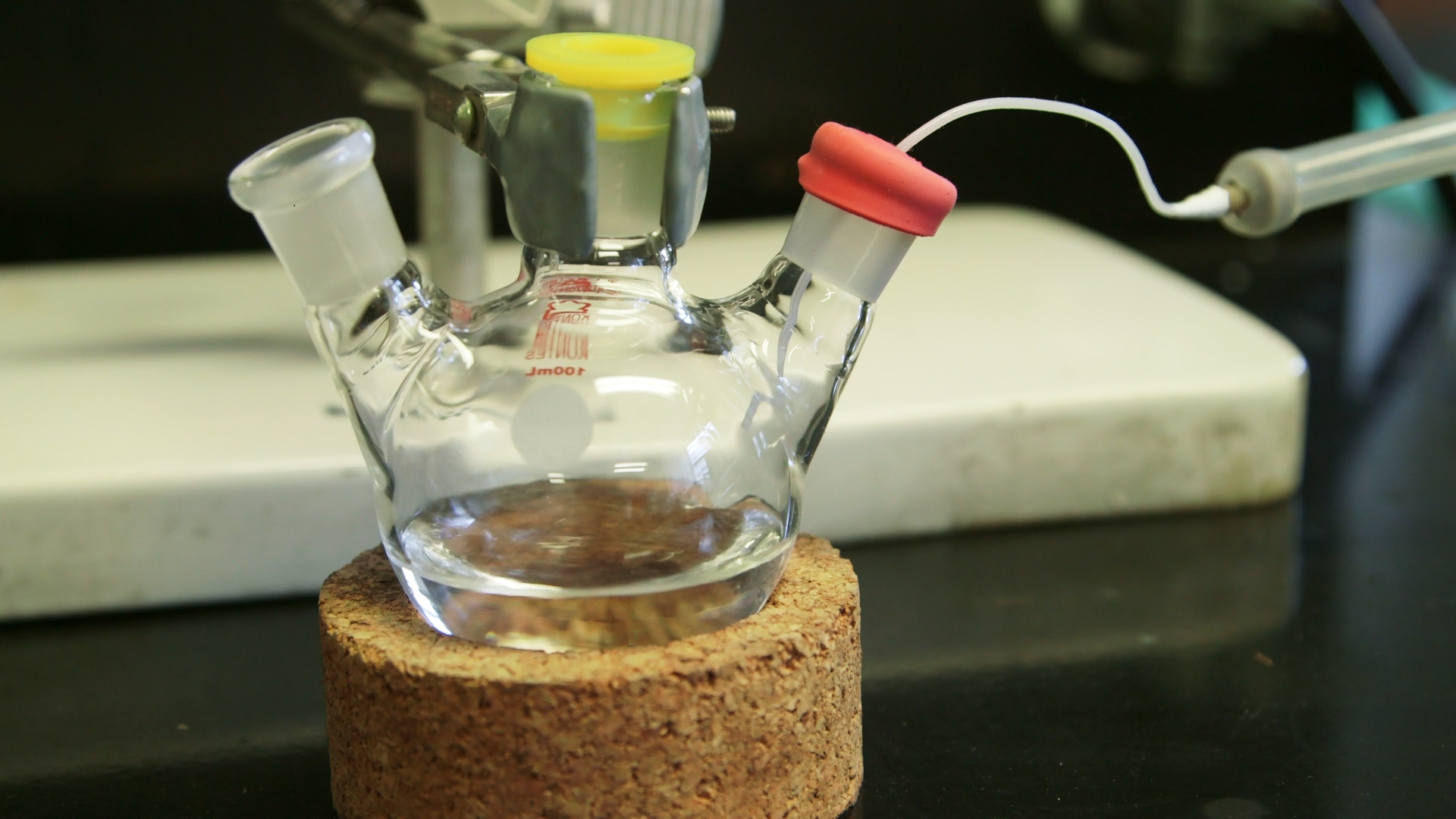Dr. Vy Maria Dong is a professor of chemistry at the University of California, Irvine. She recently co-authored a collection of 15 Science Education – Organic Chemistry videos, with her doctoral students in the lab.
We caught up with Dr. Dong to learn why she thought a collection of videos was important to more effectively teach Organic Chemistry.

Ed. Note: This interview has been lightly edited for clarity.
Dr. Namrata Sengupta: What is covered in your Organic Chemistry collection?
Dr. Vy Maria Dong: The JoVE Organic Chemistry II collection has a pretty wide range of videos, covering basic reactions in organic chemistry to Nobel Prize-winning reactions like hydrogenation or Grignard reaction. The collection represents chemical reactions that are fundamental but also high-impact.
NS: Which students will benefit from these video resources?
VMD: These videos are very well suited for:
- Undergraduate students who have started learning organic chemistry in college
- Undergraduate students who are performing chemistry laboratory experiments for the first time
- Students who are interested in pursuing a Chemistry or Pharmacy program in graduate school
- First-year graduate students (especially Masters students) who might not have had prior laboratory experience. For example, if a graduate went to a smaller liberal arts college and did not have much exposure to an advanced chemistry lab set-up, then watching these videos will be very helpful for them.
 NS: Do undergraduate students typically need to learn Nobel Prize-winning reactions?
NS: Do undergraduate students typically need to learn Nobel Prize-winning reactions?
VMD: The videos showing Nobel-Prize winning reactions are recognized as some of the most useful ones. Some universities may have a laboratory component to teach these reactions to students as a part of lab curriculum. However, some universities or institutions may not have the infrastructure (such as budget, equipment or supplies) to conduct a laboratory component for these topics. Our goal was to equip chemistry instructors with a unique video resource that could help students visualize experiments and supplement lab exposure. Students can watch these videos filmed in real-chemistry labs, ask questions and observe the experimental set-ups and color changes in the reactions.
NS: Are these videos more suitable for the lab or classroom?
VMD: I think they can be a part of both. The JoVE Science Education videos introduce fundamental concepts and use animation to explain key concepts. Besides that, they can also help students visualize actual experiments.
Sometimes when we teach organic chemistry at an early stage (introductory-level undergraduate classes), there may not be a laboratory component. In that case, these videos will supplement or augment the classroom curriculum. If in fact, there is a laboratory component, the videos serve as an excellent refresher to the topic, before students perform the experiments.
![]() NS: Do you see the videos filling any other need in STEM education?
NS: Do you see the videos filling any other need in STEM education?
VMD: Yes, definitely. The videos will be a great resource for professors who are training undergraduate students aspiring to go to graduate school. When these students learn from the videos, and if the techniques demonstrated in them look attainable and not super-complex, it could build their confidence about pursuing maybe a Ph.D. program in Chemistry.
Even at the high school level, some of these videos might be useful for science teachers trying to teach their students advanced concepts in Organic Chemistry. By just watching one of them, a student could learn a lot and get a feel for what is happening without ever having set foot in a major research laboratory. This is a great way to generate interest in STEM fields.
Advanced Doctoral students perform the techniques you see in the videos. They are all geared towards training the future generation of chemists who will make discoveries in the area of new drugs, new therapeutics, and new medicines.
Calling all science faculty! If you wish to integrate JoVE Science Education videos in your classroom or laboratory for Chemistry or other topics, then check out the full library of videos today.


